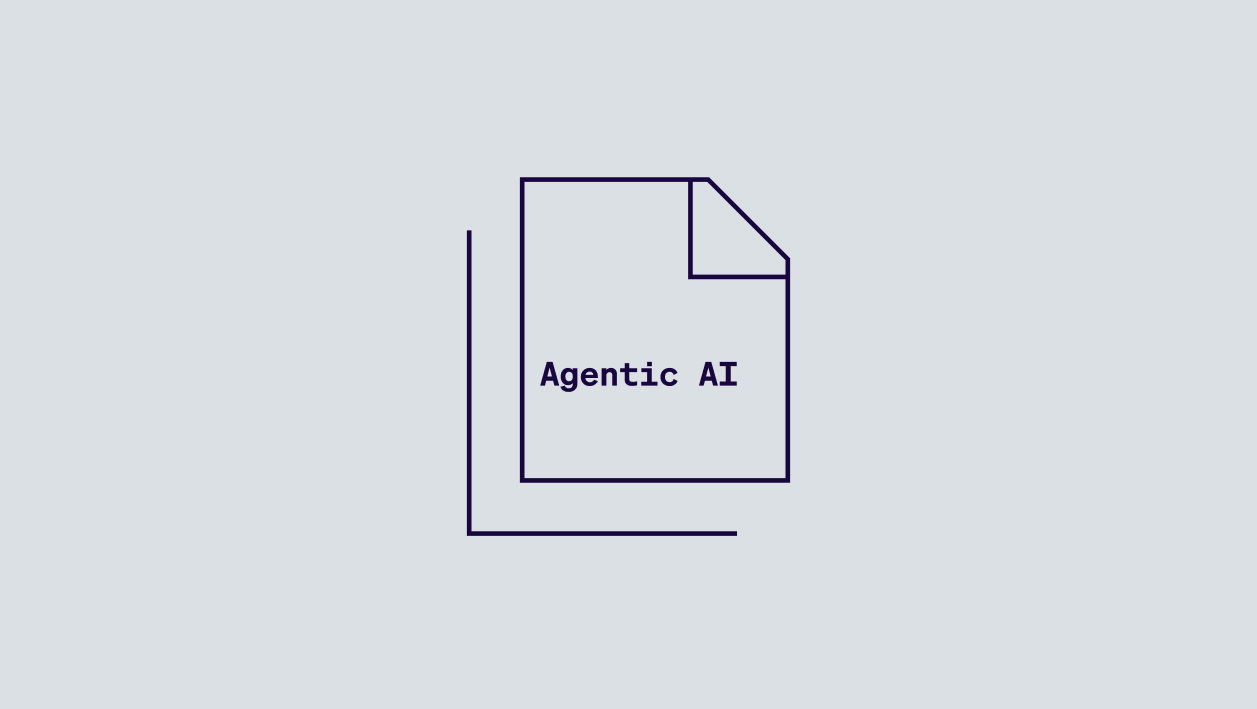AI Agents


Build vs buy: A guide on adopting AI agents for life sciences
“Big corporations can’t rely on their internal speed to match the transformation that is happening in the world. As soon as I know a competitor has decided to build something itself, I know it has lost.”
These candid sentences from Sanofi CEO, showcase one of the most common questions that’s at the forefront of every pharmaceutical company’s mind; whether to build or buy your way into the agentic and generative AI revolutions.
In life sciences, many teams start with the same instinct. They see a capable large language model, stand up a proof of concept, and feel close to a breakthrough. For most of us, AI prototypes can look magical. A chatbot summarizes visit reports, drafts emails, or answers protocol questions in minutes. The experience is so strong that teams assume production is a short step away.
Unfortunately, the gap is much bigger than it looks.
According to a recent MIT study, 95% of AI pilots will fail, as they note that “Only 5% of custom GenAI tools survive the pilot-to-production cliff, while generic chatbots hit 83% adoption for trivial tasks but stall the moment workflows demand context and customization.”
Like MIT’s example shows, moving from prototype to production in clinical research means building something validated, compliant, scalable, and integrated into real workflows. That takes far more than clever prompts. It requires domain grounding, continuous monitoring, retraining loops, robust tool orchestration, and evidence that the system is safe and auditable under regulations like GxP, HIPAA, and 21 CFR Part 11.
Many organizations only discover the hidden costs after they have committed. Internal teams often invest for two years, spend millions in sunk cost, and still never reach a dependable clinical grade system. The illusion comes from how easy it is to get an early demo working, and how hard it is to make that demo survive contact with trial reality.


What happened at ESMO AI & Digital 2025
The 2025 ESMO AI & Digital Oncology Congress, held in Berlin from November 12 to 14, highlighted the accelerating role of artificial intelligence across the oncology care continuum. Although imaging and pathology remain the most established fields for AI adoption, this year’s programming revealed a decisive shift toward workflow-integrated AI that enhances clinical operations, supports trial efficiency, and addresses the realities of patient monitoring.
Across three days of sessions, side-room conversations, and industry demonstrations, one theme was clear. AI is evolving from experimental add-on technology into a practical clinical teammate, but scaling its impact will require robust validation, seamless integration, and a sustained focus on clinician trust.


Not just a tool: How AI agents become trial teammates
Explore how agentic AI is transforming clinical trials by automating routine tasks and boosting team efficiency with real-world, low-risk use cases.


Rewriting the Future of Clinical Trials: AI, Agility, and the Portfolio-First Mandate
In a rapidly changing research landscape, leaders at Takeda, Novartis, Sanofi, Daiichi Sankyo, and Medable share firsthand insights into how artificial intelligence is reshaping clinical trial operations.
This exclusive whitepaper explores how forward-thinking organizations are reimagining trial design, execution, and scaling to meet the demands of speed, precision, and patient-centricity across their entire portfolio.


Vibe coding is real: The rise of the developer as agent manager
By Tim Smith, Co-Founder & CTO,Medable
In today’s rapidly evolving tech landscape, vibe coding is opening up exciting opportunities by blending human expertise with smart agents to give every engineer incredible leverage and productivity. This new approach invites us to embrace innovative tools that drive greater scale and impact. But it’s not enough to just pick up new practices—success demands a significant mental shift and a change in approach. Developers must move beyond their traditional roles as individual contributors and evolve into “agent managers.” This means blending deep technical expertise with the strategic oversight of a manager, actively coaching intelligent agents so that each interaction builds on the last and contributes to a cohesive, scalable solution.





